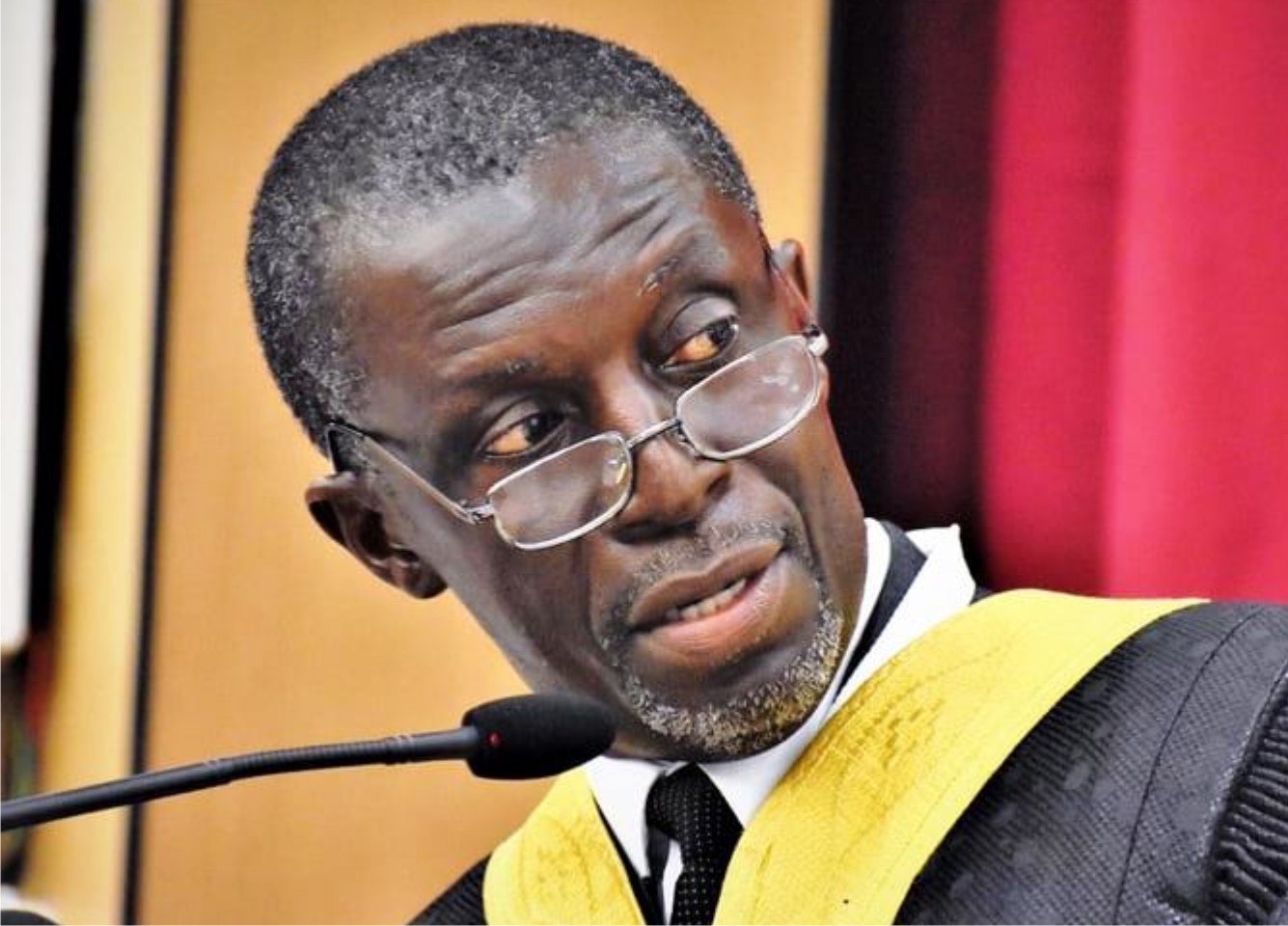Congratulations to President Weah for his historic Concession speech

By Tiawan Saye Gongloe
On November 17, President George Manneh Weah strengthened his credential as a man of peace by graciously conceding defeat, not just by a telephone call to the winning presidential candidate, Hon. Joseph Nyumah Boakai, president-elect, but by giving a very moving speech to the people of Liberia that emphasized respect for the will of the people and the need for all Liberians to remain peaceful.
The degree of a politician’s commitment to democracy is not judged by the extent to which he or she celebrates victory but by his or her willingness to graciously accept defeat.
By his concession speech, President George Manneh Weah passed the test of commitment to democracy with an excellent score! He has set a precedent that will both strengthen our democracy and our collective effort to deepen a culture of peace.
He has set the bar very high for the conduct of a sitting president who is defeated in a presidential election. President Weah’s landmark concession speech will now serve as guidance for any future sitting president of Liberia who loses election to easily concede defeat. Given the closeness of the votes, the country was on edge and many Liberians and members of the international community were nervous about the reaction of the losing candidate. Therefore, the president’s concession speech brought great relief to the Liberian people, the West African sub-region, the African continent and the world. President Weah has truly shown that he is a man of peace by such a nationalistic and patriotic decision.
It is important to note that the concession speech given by President Weah was the first of its kind in one hundred and forty six years. The last time that any sitting president conceded defeat was in 1877, when President James Spriggs Payne of the Republican Party(RP) conceded defeat to President Anthony William Gardner of the True Whig Party(TWP).
The Republican Party was the first ruling party, but was defeated by the True Whig Party for the first time in the 1869 Presidential Election. In 1871, Edward James Roye, the President elected in 1869 on the ticket of the True Whig Party was overthrown, detained and on an attempt to escape from detention, he was re-arrested, dragged on his back, jailed and he bled to death, while in detention, thus marking the first coup d’état in Liberia. ( C. Abayomi Cassell, History of the first African Republic, 1970). The next election was in 1872. In that election, former President Joseph Jenkins Roberts won, followed by another Republican Party candidate James Spriggs Payne, also, a former president, who won the 1875 election and lost the 1877 election to Anthony W. Gardner of the True Whig Party. The similarities between the 1877 presidential election and 2023 presidential election are the following: one, in 1877 two parties that had tasted political power participated in that presidential election, just like the 2023 presidential election; two, the former ruling party, the True Whig Party defeated the current ruling party, the Republican Party, just as in the 2023 presidential election in which the former ruling party, the Unity Party (UP) defeated the current ruling party, the Coalition for Democratic Change (CDC); and three, the sitting president conceded defeat to the candidate of the former ruling party in 1877, as was done, 146 years later by President Weah to President-elect Joseph Nyumah Boakai on Friday, November 17, 2023.
In order to avoid any confusion in understanding the historic nature of the concession made by President Weah, it is important to note that since 1877, there has been no occasion for a sitting president to concede defeat to an in-coming president. The True Whig Party ruled Liberia from 1878 to 1980 when it was overthrown for the second time. The next elected president was Samuel Kanyon Doe, but that election was not between a sitting president and an opposition party but among four parties that had not tasted power. Samuel Doe won, but there was no concession made by any of the other three contending presidential candidates and none of them was a candidate of a ruling party or a former ruling party. In fact the three losing parties contested the final result announced by the Special Election Commission (SECOM).Also, the presidential term of Samuel Doe, should have ended in 1991, but he did not end his term due to an armed civil conflict that started on December 24, 1989.
[bsa_pro_ad_space id=1]
The next elected President was Charles Taylor, but his six year term did not end because he was forced to relinquish power in 2003, due to a resumption of the civil conflict. President Ellen Johnson Sirleaf was the next elected president and she served for two terms. She did not participate in the 2017 presidential election; hence, she could not have conceded defeat, because it was her vice president that participated in that election as the candidate for the ruling party. It should be further noted that the 2017 election was between a ruling party and an opposition party that had not tasted power. Therefore, this was the first election in which a former ruling party and a current ruling party participated since 1877 and similar to 1877, the former ruling party defeated the current ruling party and the candidate of the current ruling party, a sitting president conceded defeat.
All peace-loving Liberians must express deep gratitude to the president for this pleasant repeat of history. The leadership of the CDC must share in this gratitude as well for this historic decision of President Weah. Liberia is gradually becoming a sweet land of liberty by the civil conduct of all the political actors in the 2023 presidential election, especially President George Manneh Weah by his great concession speech. Thank you, Mr. President! A better Liberia is possible!
















